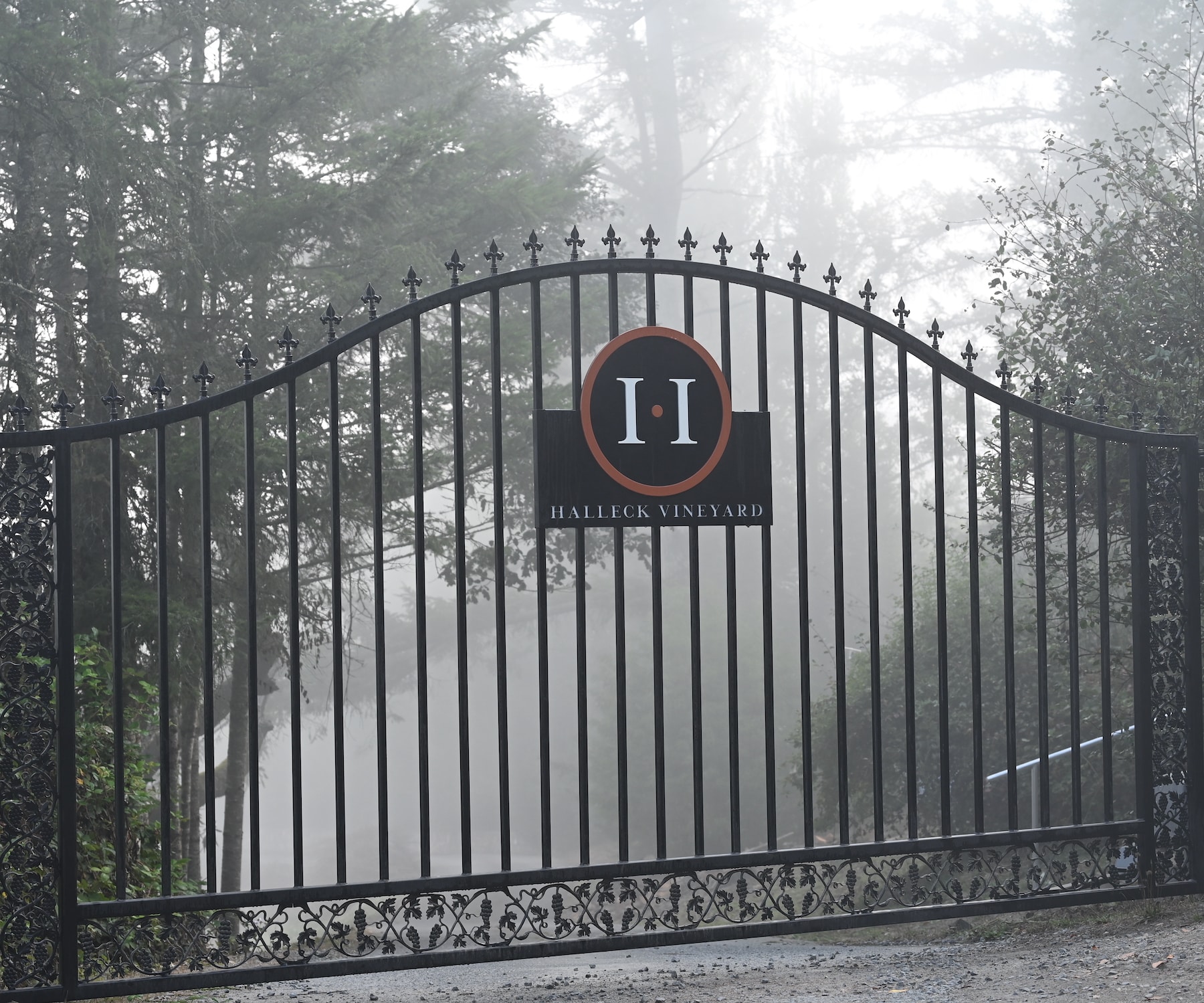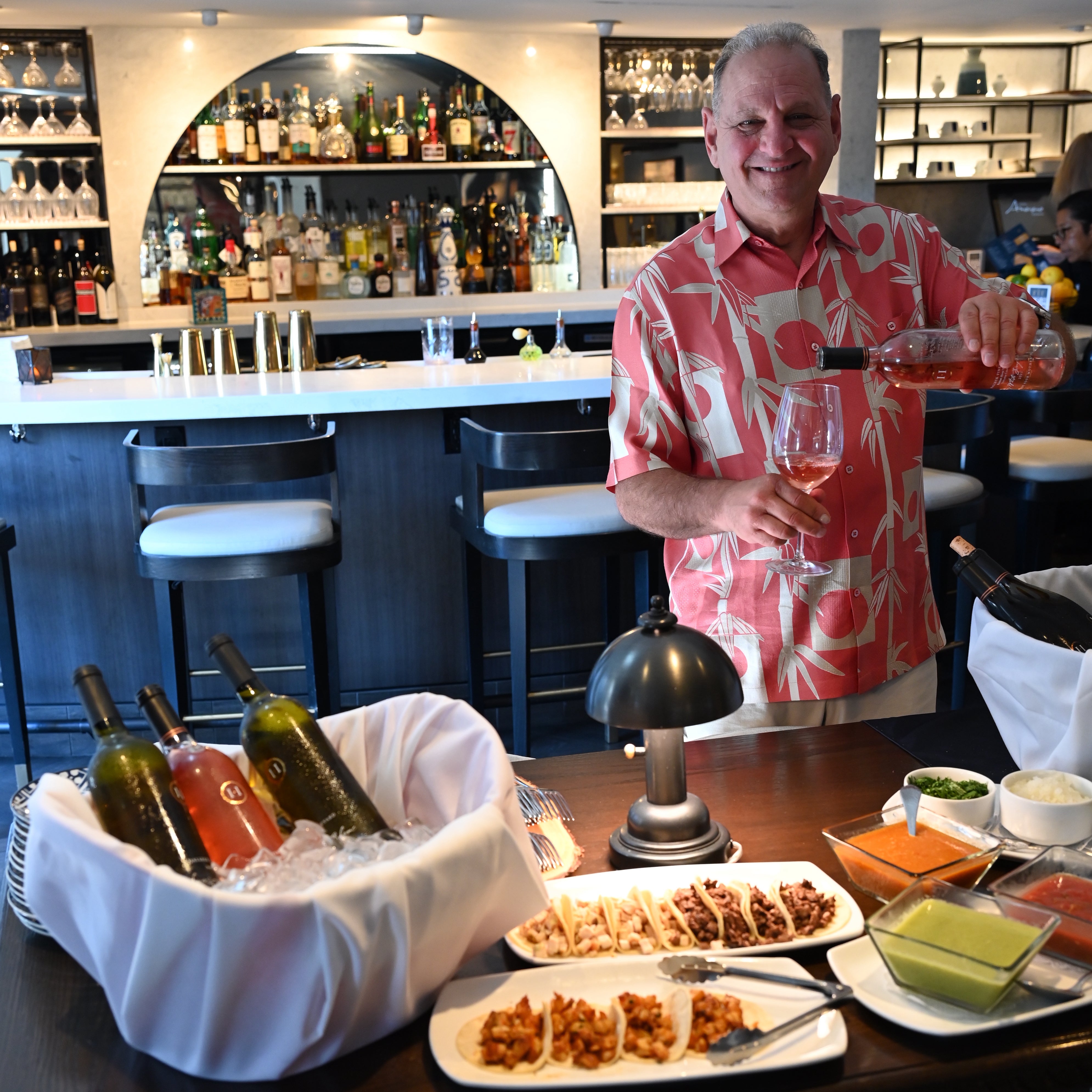Wineries Providing Guided Vineyard Walks - Scenic Wineries Of Sebastopol
Wineries Perfect For A Relaxing Afternoon - Vines And Views In Sonoma Wine Country
Visiting a winery for a wine tasting could be a fascinating experience, particularly when you know how to maximise the chance with tasting notes. These notes function a guide to understanding the complexities of the wines you pattern and help in forming a deeper connection with each pour. Utilizing tasting notes can rework your experience, allowing you to savor not just the taste but also the story behind every bottle.
Every wine has a singular profile influenced by grape variety, terroir, and winemaking techniques. Understanding these elements can improve your appreciation of the wine. When you are given a tasting menu or a flight of wines to pattern, take the time to read through any descriptions supplied (Best Chardonnays From Sonoma Winemakers). This initial overview can set the tone and expectations for your tasting experience.
Begin your wine tasting by observing the wine in your glass. The shade can reveal a lot in regards to the wine’s age and varietal. Take notes on the hue, readability, and viscosity. A well-structured tasting note often includes this visual assessment because it varieties the foundation of your evaluation. Whereas it may seem trivial, the visible aspect is essential in wine tasting.
Scenic Vineyard Tours In Sebastopol - Vineyard Visits And Wine Tasting In Sonoma
After your visible assessment, it's time to take a delicate whiff. Swirl the wine in your glass to aerate it, releasing its aroma. This is the place tasting notes become notably useful. Make notes in regards to the different scents you detect—fruits, spices, or floral hints. Identifying these aromas will help you put words to the intrinsic complexities of the wine you're sampling.

The next crucial step is the tasting itself. Take a small sip and let the wine roll over your palate. Note the flavors you experience. Are they candy or tart? The Place does your palate detect each flavor? Some wines may present instant sweetness adopted by a tannic end. Use your tasting notes to document these layers, making a roadmap of your sensory experience.
Consider also the mouthfeel of the wine as you taste. Is it easy, crisp, creamy, or perhaps tannic? This textural quality significantly influences the general enjoyment and impression of the wine. Observing the mouthfeel can reveal the quality and craftsmanship behind the winemaking process.
It Is helpful to check completely different wines as you style them. If you're sampling a flight with contrasting varietals, make a note of the variations you understand. How does the acidity differ from one wine to another? Which wine feels fuller, and which is more refreshing? This comparative train deepens your understanding and helps sharpen your analytical skills.
Wineries With Estate-Grown Grapes - Wineries In The Sebastopol Region
Engage with the winery employees whereas tasting. Knowledgeable hosts usually share insights about the winery's history, the specific vintage, or the winemaking philosophy, enriching your appreciation of the wine. Do Not hesitate to ask questions that pique your interest based mostly in your tasting notes. Many hosts enjoy discussing their wines and may provide a wealth of information that isn’t readily available from printed supplies. Wineries That Offer Food Trucks On Weekends.
Maintain in thoughts the seasonality of wines as you taste. Totally Different wines evoke diversified moods and pair nicely with distinct culinary experiences. Take notes on how you would possibly enjoy a specific wine with food. This not solely adds context to your tasting notes but in addition aids future alternatives and purchases.

One Other helpful tip while using tasting notes at a winery is to document Web Site your impressions immediately. As wines can blend and create a uniform flavor memory, jotting down your ideas promptly ensures a more correct reflection of your experience. Use adjectives that resonate with you, crafting a private vocabulary to describe every wine based mostly in your preferences.
After finishing the tasting, review the notes you’ve taken. Replicate on which wines stood out to you and why. This reflection reinforces your tasting experience and highlights what you might search in future purchases. If you've famous specific aromas or flavors that captivated you, this data empowers you to pick wines that align together with your palate.
Wineries With A Focus On Syrah - Sonoma Wine Tasting Tour
Wine tasting also can serve as an opportunity for socializing. Sharing your tasting notes with companions can ignite participating discussions on flavors, preferences, and impressions. This communal facet of wine tasting often enhances the experience, cementing lasting memories that you could recall with a cup of wine in hand.
In conclusion, using tasting notes at a winery wine tasting can significantly improve your experience. By observing the visible aspects, aromas, flavors, mouthfeel, and even the tales behind the wines, you create a wealthy tapestry of notes that can guide your future wine experiences. Engaging with the workers, comparing wines, and reflecting on your impressions will deepen your appreciation for the art of winemaking. Each tasting is a chance to find and connect with wines in thrilling new ways. With practice, your tasting notes will evolve, becoming a cherished part of your wine journey.
Vineyard Tours With Guided Tastings In Sonoma - Sonoma Vineyards Worth Visiting
- Start by familiarizing yourself with the winery's tasting notes; they often describe the wine’s aroma, flavor profile, and finish, offering a helpful framework.
- Use your senses of sight and odor before tasting; swirl the wine in your glass, observe its color, and inhale its bouquet to seize the wine's preliminary characteristics.
- When tasting, take a small sip and let the wine coat your palate; concentrate on the primary flavors and any secondary notes that will emerge, similar to fruit, spice, or earthiness.
- Pay attention to the texture and mouthfeel of the wine; is it easy, tannic, creamy, or crisp? This facet can significantly enhance your understanding of the wine.
- Evaluate the tasting notes together with your sensory experience, noting any similarities or discrepancies, which may deepen your appreciation of each wine’s complexity.
- Contemplate the wine’s growing older potential by analyzing its structure and steadiness; some wines could additionally be enjoyable now, whereas others might evolve superbly over time.
- Take notes during the tasting; recording your impressions may help you keep in mind each wine higher and refine your palate for future tastings.
- Engage with the tasting staff; ask questions in regards to the wine production course of, grape varieties, and the precise notes you're detecting to reinforce your knowledge and experience.
- Discover pairing ideas alongside your tasting; understanding which foods complement the wine can enrich each the tasting experience and your appreciation for the wine's nuances.
- Respect varying preferences amongst your group; wine tasting is subjective, and encouraging open dialogue about particular person tastes can lead to a extra pleasant and informative experience.undefinedWhat are tasting notes, and why are they necessary at a wine tasting?undefinedTasting notes are descriptions of the flavors, aromas, and general impressions of a wine. They are important because they guide your palate and improve your understanding of the wine's characteristics, serving to you appreciate completely different varieties and styles.
How should I take notes throughout a wine tasting?undefinedYou should focus on key elements corresponding to aroma, flavor, body, acidity, and end. Use a structured format or template to categorize your thoughts and write down your impressions instantly after tasting. This helps you remember your ideas later.
Am I Able To use my own words to explain a wine, or should I stick to plain tasting terms?undefinedYou can absolutely see this here use your personal words to explain a wine. While commonplace tasting terms might help convey particular qualities, personal descriptors add authenticity to your notes and can make your wine experience extra gratifying and relatable.
Should I focus on particular flavors in the wine or the general experience?undefinedEach elements are necessary. While specific flavors allow you to identify the unique traits of a wine, the general experience encompasses how all elements combine—creating a more holistic understanding of the wine.
Wineries Ideal For Large Groups - Vineyard Tours In Sebastopol
What if I cannot determine certain aromas or flavors throughout a tasting?undefinedIt’s widespread to have difficulty figuring out specific tastes or scents. Don’t hesitate to ask for assist or guidance from the workers at the winery. They can present insights and help refine your palate over time through practice.
How can I use tasting notes to choose wines in the future?undefinedBy reviewing your tasting notes, you can identify your preferences and tendencies in your wine choices. This permits you to select wines that align along with your palate in future tastings and purchases, making your experience more pleasant.
Is it appropriate to match wines during a tasting?undefinedSure, comparing wines may be useful. It helps spotlight the differences in flavor profiles and attributes, permitting you to develop a deeper appreciation and understanding of each wine's distinctive qualities.
What ought to I do if I disagree with the tasting notes offered by the winery staff?undefinedDisagreement is a pure part of wine tasting! Use it as a possibility to discuss your impressions with the employees; they'll provide extra context or information about the wine, which may enrich your experience.
Wineries Offering Elegant Wine Tastings - Family-Owned Wineries In Sonoma
How ought to I organize my tasting notes after the event?undefinedAfter the tasting, manage your notes by wine sort, producer, or personal desire. Think About making a digital or physical journal which may be referenced for future tastings and wine choices, making it simpler to recall your experiences.